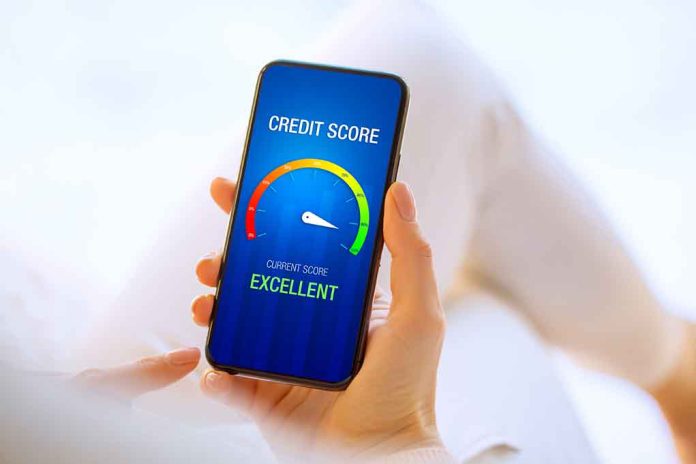
(DailyDig.com) – If someone is planning to buy a home, start a business, or even get the best interest rate on their credit cards, it’s important to have good credit. Unfortunately, many common misconceptions about debt, credit, and how to build credit actually prevent people from getting the score they need. Here is a look at five common misconceptions that could be blocking you from a perfect credit score.
1. There’s No Such Thing as “Good Debt”
As explained by CNBC, there are a number of factors that go into a credit score, but the two most important considerations are:
- How much money have you borrowed?
- How consistent have you been in paying back what you owe?
The simple fact is that it’s difficult to live in society without taking on some form of debt, whether it involves monthly payments for a cell phone, utilities, or a mortgage on your home. The purpose of credit scores isn’t to encourage people to avoid debt, but for lenders to have an idea of whether the individual is likely to pay that debt back, based on their past history with debts and the amount of income they have available for payments.
2. Checking Your Credit Score Will Make It Go Down
Experian — one of the three major U.S. credit bureaus — states that people commonly believe that they shouldn’t check their credit score because it could make the score go down. After all, when lenders check your credit information, it does cause a temporary reduction in score because it is a hard inquiry meant to be seen by other lenders who may have additional information about the debt.
However, reviewing your own credit report results in a “soft pull” of the information, which has no impact on the overall score. In fact, all adults are encouraged to check their credit report with the major bureaus at least once a year so they can ensure that the information contained in it is accurate.
3. Debt is Debt (It’s All the Same)
There are different types of debts, CNBC reports, just as there are different types of loans. Ideally, a person’s debts should feature a mix of different types of loans, such as installment loans or auto loans, along with revolving credit, such as credit cards. If you’re able to handle payments to a mix of debtors and you have the income to take on additional debt, your score will likely reflect your creditworthiness.
4. Paying Cash for Everything Will Help You Build Credit
Experian notes that the only way to build your credit score is by using credit accounts, such as loans, contracts for utilities, and credit cards. If you’re paying cash for everything, you’re avoiding taking on new debt, but you’re not building important credit references that you will need for larger loans. The credit bureau adds that one of the best ways to build credit is to use credit cards for purchases you can pay in full each month and making sure that other contractual payments are made on time, every time.
5. You Need a Perfect Score
According to CNBC, fewer than 2 percent of the 232 million U.S. consumers who have a credit score have a perfect score of 850. Few lenders require a perfect credit score, and most will offer the best loan features to those who have credit in the upper 700s. Each lender sets its own credit thresholds, and as long as you fit somewhere in the range of an excellent credit score, you will have the same opportunities as those with a perfect credit score.
The Bottom Line About Building Credit
While there are many myths about what perfect credit is and how to build it, the bottom line about building credit is to never take on more debt than your income will support, and pay the debts you have on time. Check your score often, and ensure that you have a cushion in your bank account so you can keep making your payments on time, even if you have an emergency.
Copyright 2023, DailyDig.com













